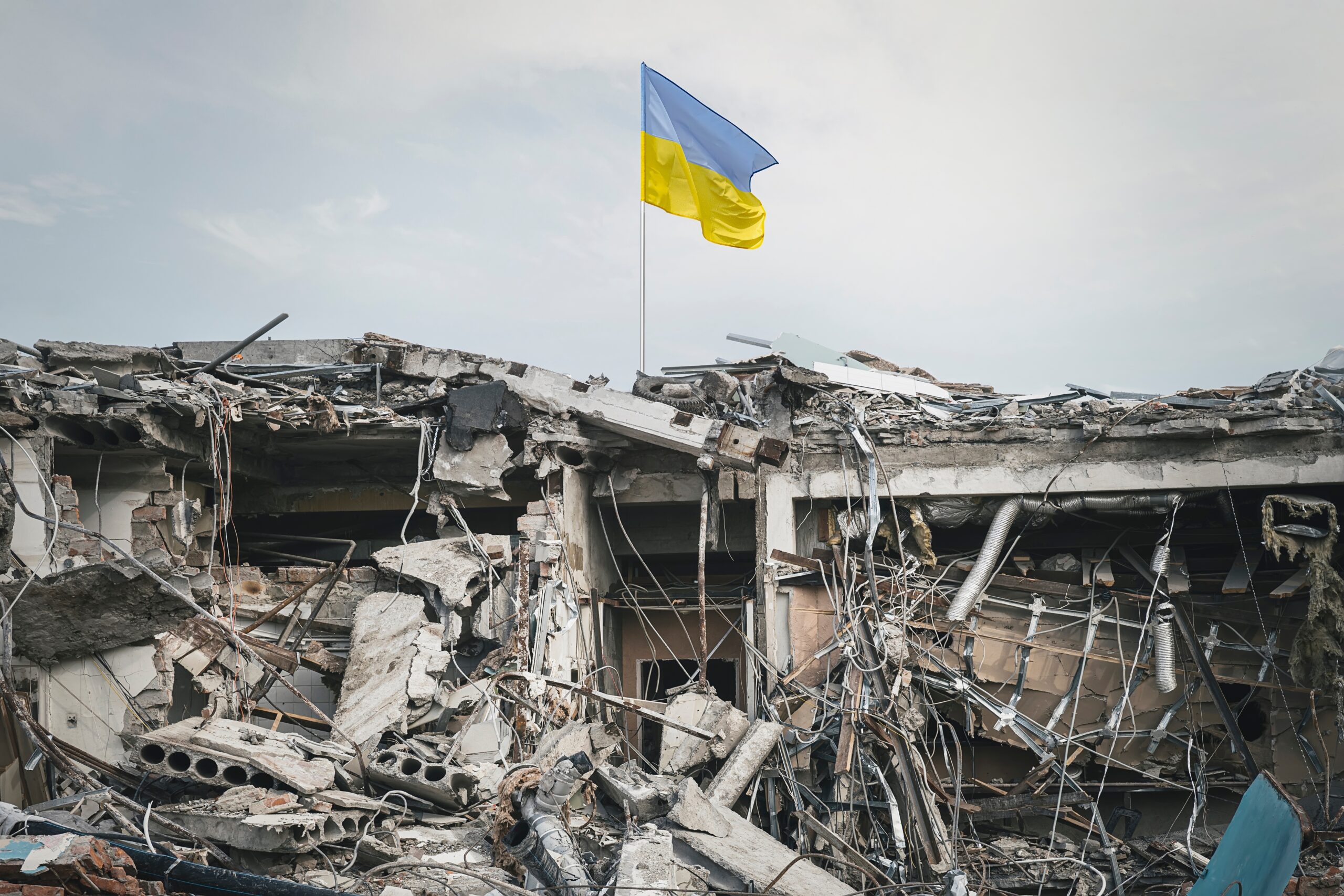European Doubts Grow Over Ukrainian Victory Against Russia

A recent study by the European Council on Foreign Relations highlights a growing skepticism among Europeans regarding Ukraine’s ability to defeat Russia in the ongoing war. This survey, released just before the NATO summit in Washington, D.C., contrasts sharply with the confidence expressed by Ukrainians.
The survey indicates that while 58% of Ukrainians believe their country will prevail, the majority of Europeans hold a different view. In the EU nations surveyed, only Estonia has a significant portion of its population (38%) believing in a Ukrainian victory. In Greece, up to 31% of respondents consider a Russian win more likely, while many others expect a negotiated settlement to end the conflict.
Despite the optimism in Ukraine, where only 1% foresee a Russian victory and 30% anticipate a negotiated peace, the European perspective is more cautious. This divergence is further complicated by differing opinions on how to support Ukraine’s defense efforts and its potential accession to the EU and NATO.
Support for deploying NATO troops to Ukraine is notably low across member countries, with approval rates falling between 4% and 22%. On the other hand, there is more enthusiasm for increasing defense spending in Poland, Estonia, Sweden, and Germany, though other nations prefer providing technical assistance and military supplies.
In Bulgaria, Greece, and Italy, a majority of the population opposes boosting the supply of ammunition and arms to Ukraine. Additionally, there is a clear division in European attitudes towards Ukraine joining the EU. While nations like Portugal, Estonia, Sweden, Spain, and Poland are supportive, Germany, Bulgaria, the Czech Republic, and France remain skeptical.
For Ukrainians, EU membership is deemed crucial, with 64% equating its importance to that of NATO membership for their country’s future. As the NATO summit approaches, these differing perspectives underscore the challenges in forming a cohesive international strategy to support Ukraine.
























